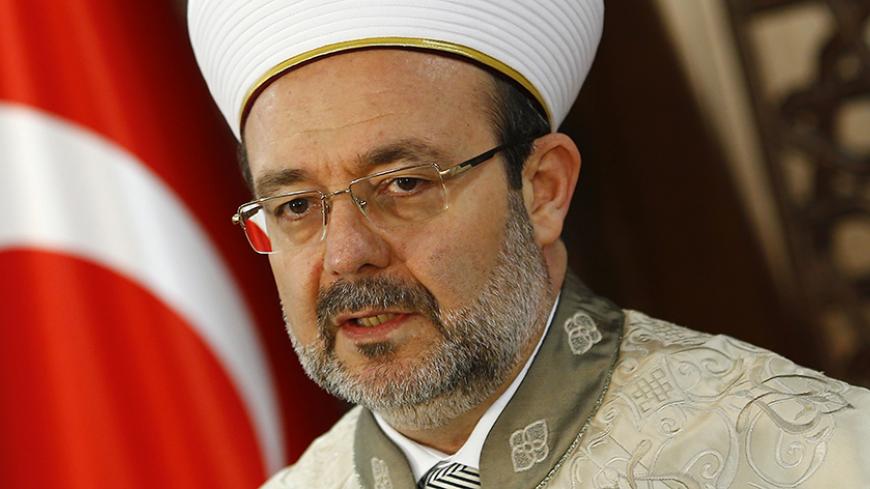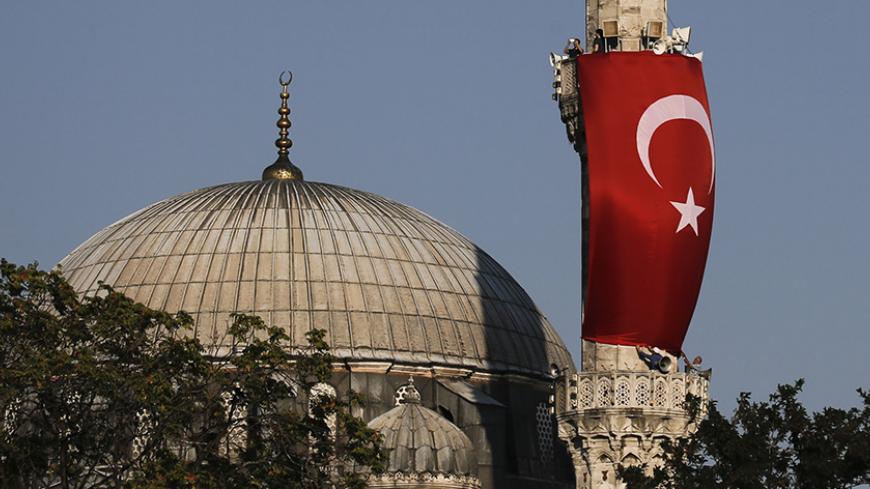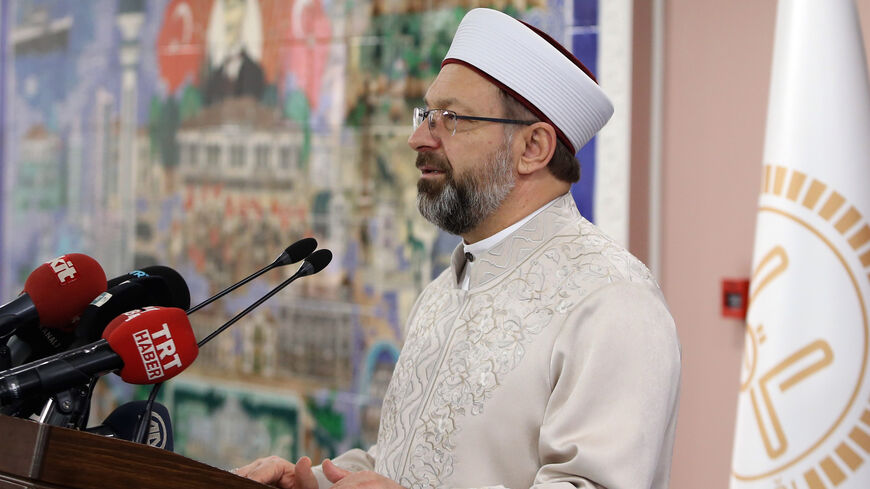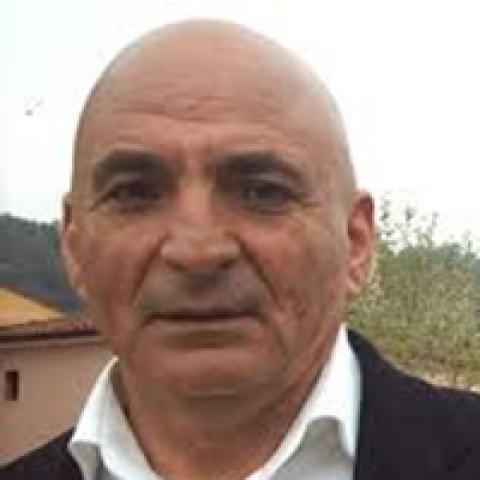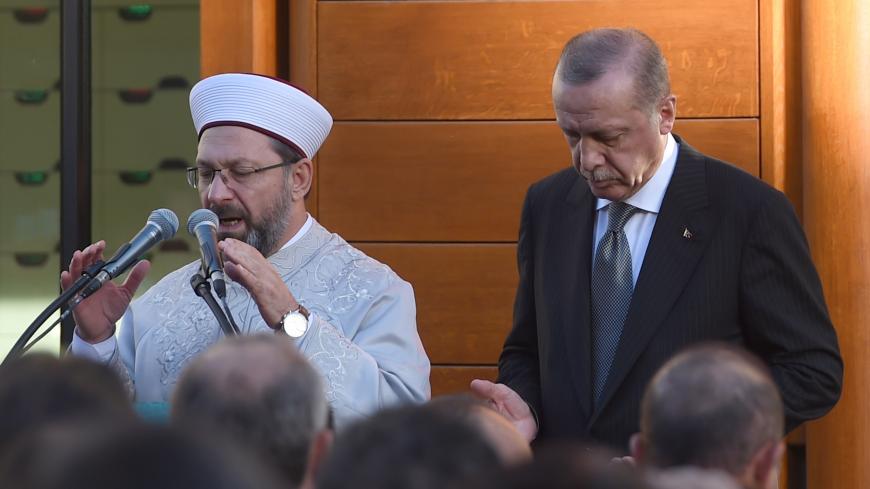Diyanet flexes its muscles to back Erdogan’s soft power in Syria
In Syria, Diyanet assumed a role beyond religious diplomacy in coordinating various aid, vocational and religious education agencies, all to win the hearts and minds of the locals.

On Sept. 13, Turkey’s state-run Religious Affairs Directorate (Diyanet) published a 104-page document, “Syria Euphrates Shield and Olive Branch Activity Report.” The publication didn't prompt much discussion, except for a few headlines focusing on mosque repairs in war-torn Syria. The Diyanet has indeed played multiple roles both on Syrian soil and with Syrian refugees in Turkey. Since Ankara's military incursions into Syria began in August 2016, the Diyanet has gradually become the pivotal institution that Ankara leans on for post-conflict stabilization.
In the last decade, the Diyanet evolved as Erdogan’s signature institution on par with Turkey's National Intelligence Organization (MIT). Its budget, personnel and reach, both domestically and internationally, have grown. The Diyanet’s close links with the MIT are well-known. Indeed, currently Germany’s intelligence agency is considering adding the Diyanet to its official watch list. Its imams in Germany are now reportedly advocating for victory against Kurds in Syria.



